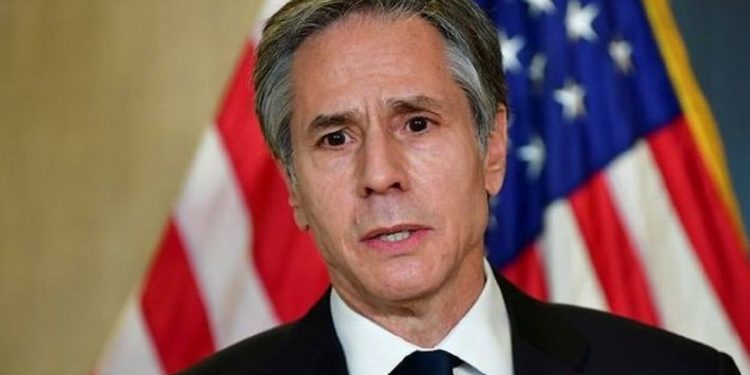New Delhi: US Secretary of State Antony Blinken has redesignated Pakistan as a Country of Particular Concern (CPC) for violating religious freedom and also rebranded the Taliban as an Entity of Particular Concern, according to a Dawn news report.
The administration of former President Donald Trump first placed Pakistan on this list in December 2018 and retained it in 2020 as well.
The Joe Biden administration, which came to power in January this year, has retained the old list with two changes, adding Russia and removing Sudan from the CPC category, said the Dawn news report.
In a statement issued by the State Department Wednesday, Blinken said: “Each year the Secretary of State has the responsibility to identify governments and non-state actors, who, because of their religious freedom violations, merit designation under the International Religious Freedom Act. I am designating Burma, the People’s Republic of China, Eritrea, Iran, the DPRK, Pakistan, Russia, Saudi Arabia, Tajikistan, and Turkmenistan as Countries of Particular Concern for having engaged in or tolerated “systematic, ongoing, and egregious violations of religious freedom.”
DPRK is the official name of North Korea.
“I am also placing Algeria, Comoros, Cuba, and Nicaragua on a Special Watch List for governments that have engaged in or tolerated ‘severe violations of religious freedom’,” he was quoted as saying.
Blinked also designated the “al-Shabab, Boko Haram, Hayat Tahrir al-Sham, the Houthis, ISIS, ISIS-Greater Sahara, ISIS-West Africa, Jamaat Nasr al-Islam wal-Muslimin, and the Taliban as Entities of Particular Concern”.
Blinken further said that the US “will not waver in its commitment to advocate for freedom of religion or belief for all and in every country”, adding that the Biden administration is “committed to supporting every individual’s right to freedom of religion or belief, including by confronting and combating violators and abusers of this human right”.
The Secretary of State also reiterated Washington’s commitment to “working with governments, civil society organizations, and members of religious communities to advance religious freedom around the world and address the plight of individuals and communities facing abuse, harassment, and discrimination on account of what they believe, or what they do not believe”.






































